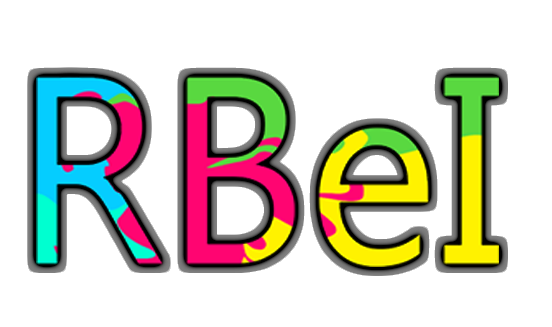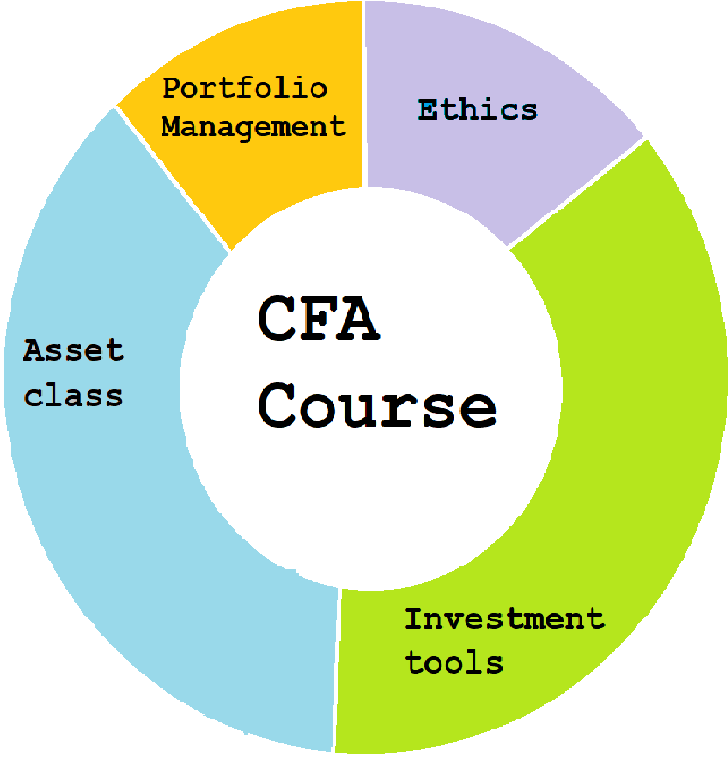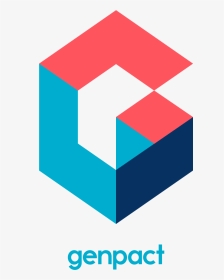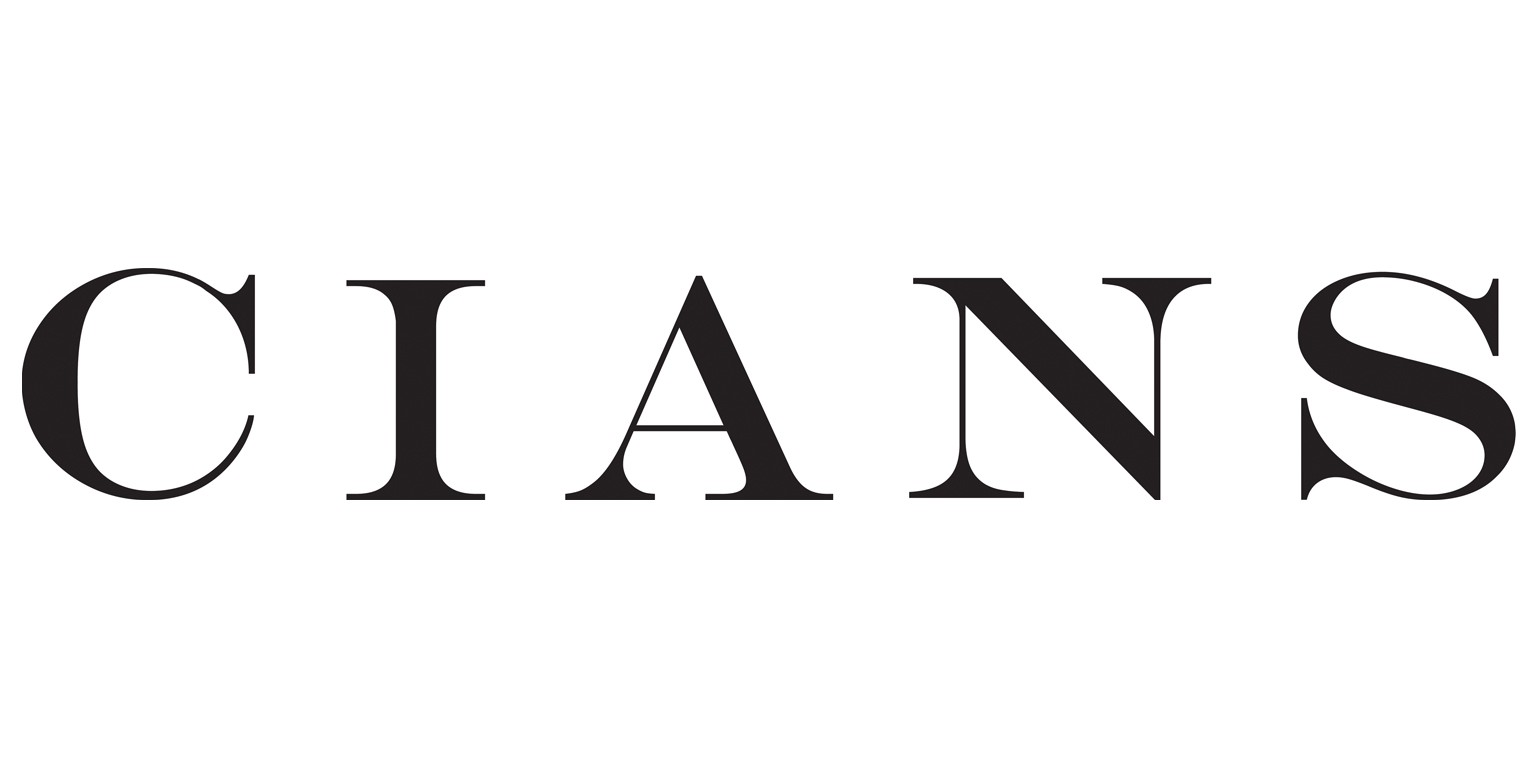What is CFA Course ?
Let's understand why and how it is the best course in Finance.


Everything about CFA Course and CFA Exam.
RBeI is providing CFA program coaching classes since 2018. We have completed over 32+ batches of Course with an exceptional success rate because we take regular and we analyse the performance of our students regularly. We are choice of students because we understand the needs and demands of our students. We invent things to make the course easy and more productive for our students.
Answer to all your doubts about CFA program
The Financial Analyst Federation (FAF) was established in 1947. They later founded Institute of Chartered Financial Analyst (ICFA) in 1962. Then the 1st CFA Exam was conducted in USA and Canada in 1963 by ICFA.
The CFA Institute (formerly the Association for Investment Management and Research) merged with the FAF and the Institute of Chartered Financial Analysts (ICFA) in 1990 to boost financial education.
As per latest report, 167,000 students appeared in CFA Exam in 2019 from 164 countries.
Normally, student from any academic background or stream can join the CFA course. Following are minimum eligibility criteria:

CFA Program Since 1963
Feb-May-Aug-Nov 2022 Exam
Level 1 in CFA course is introductory level. You learn basics of financial analysis.
Feb-Aug 2022 Exam
Level 2 of CFA Program is advance level of all the financial analysis concepts.
May-Aug 2022 Exam
Level 3 in CFA course is more about portfolio management and application of all the concepts.
There are 3 CFA levels / Exams in CFA course. You need to pass all of them one by one. It is known for highest ethical standards.
Level 1: This is the introductory level, you learn 10 subjects like Economics, Equity Investments, Fixed income, Financial Reporting and others.
It is conducted four times a year in May, July, August and November.
Level 2: This is advance level, same 10 subjects but with more advance concepts and applications. It will be now conducted twice per year. In 2022 CFA Level 2 will be conducted in Feb and August.
Level 3: You have only 6 subjects in this level. Same old subjects but now focus is on portfolio management and investment decision with high ethics. CFA level 3 Exam will be conducted in May and August from 2022.
Exam Dates| Feb | May | Aug | Nov | |
|---|---|---|---|---|
| CFA level 1 | 15-21 | 17-23 | 23-29 | |
| CFA level 2 | 22-26 | - | 30-3 | |
| CFA level 3 | - | 24-26 | 30-6 |
CFA Institute provides you three registration dates for each exam. If you register early it will cost you less.
Early Registration Fee: 700 USDBelow fee is for CFA Early Registration Fee 2022
| Feb | May | Aug | Nov | |
|---|---|---|---|---|
| CFA level 1 | 26th October | 1st November | 1St feb | |
| CFA level 2 | 26th October | - | 1St feb | |
| CFA level 3 | - | 4th November | 1St feb |
It's one day exam for each level. CFA Institute will be conducting computer based test - CBT from 2021.
Level 1: There will be 90 questions, all multiple choice (MCQ) in morning session and 90 questions in afternoon. There is still no negative marking. You get 2 hours 15 minutes in each session.
Level 2: It is again conducted in two sessions. Each session has 10-12 small case studies (vignettes). Each vignettes has 4-6 question. However, Maximum total questions are 44 in morning and 44 in after noon session. There are 3 marks for each question. You'll have 2 hours and 15 minutes in each session. Level 2 exam will be also CBT.
Level 3: You have 8-11 Essay type subjective questions in the morning session. Later in afternoon you have 44 multiple type questions in vignettes format with no negative marking. You have same time in each session and it's is also CBT.
CFA Subjects never changed in last 10 years. However, There are small changes in the cfa course syllabus and subject wise weightage every year.
~ICFA
CFA course syllabus is decided by Cbok (candidate body of knowledge). During one day exam questions from all subject are asked in the paper. CFA course syllabus assigns subjects wise weightage in the question paper.
| Subject | Level 1 | Level 2 | Level 3 |
|---|---|---|---|
| Ethical And Professional Standards | 15-20% | 10-15% | 10-15% |
| Quantitative Methods | 8-12% | 5-10% | 0 |
| Economics | 8-12% | 5-10% | 5-10% |
| Financial Reporting and Analysis | 13-17% | 10-15% | 0 |
| Corporate Finance | 8-12% | 5-10% | 0 |
| Equity Investments | 10-12% | 10-15% | 10-15% |
| Fixed Income | 10-12% | 10-15% | 15-20% |
| Derivatives | 5-8% | 5-10% | 5-10% |
| Alternative Investments | 5-8% | 5-10% | 5-10% |
| Portfolio Management | 5-8% | 10-15% | 35-40% |
| Total | 100% | 100% | 100% |
There are currently 200+ CFA exam locations worldwide.
CFA exam is conducted in 10 cities in India: Ahmedabad, Bangalore, Bhopal, Chennai, Hyderabad, Kolkata, Lucknow, Mumbai, New Delhi, Pune.
However, this is subject to change. Kindly check the center during CFA exam registration.
| Job Profiles | Ratio % |
|---|---|
| Investment and Fund Management | 22% |
| Finanacial Reporting | 12% |
| Investment Banking | 10% |
| Wealth Management | 6% |
| Equity Research | 6% |
| Risk Management | 6% |
| Research | 4% |
| Corporate Banking | 4% |
| Management Consultancy | 4% |
| Fixed Income or Bonds | 4% |
| Derivatives | 3% |
| Hedge Funds | 3% |
| IT | 3% |
CFA Charter a credential/designation, this is awarded to candidates who have passed all three levels of CFA program and holds experience of minimum four years in investment and finance profile.
After Passing CFA course all three levels, you have to apply for CFA charter with 2-3 professional references.
Once you are a CFA charter you can use it as credential or designation before your name.
It doesn't have any statutory right in India like CA or CS. However, as per the SEBI guideline if you start your Advisory or Portfolio Management Services, CFA qualification is considered to get SEBI licence.
Often CFA charter is misunderstood as a Master Degree like MBA. It's not a master degree in India.
It's a professional credential that demonstrates your expertise in equity analysis and portfolio management.
Normally, in MBA program you learn business administration and in cfa course you learn financial analysis.
A lot of people after MBA, CA, ACCA or CPA also pursue CFA to become expert in financial analysis, it holds great value in industry.
It all happened because efforts and dedication of students.






